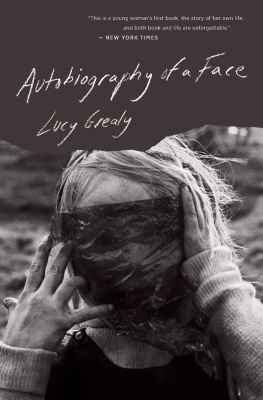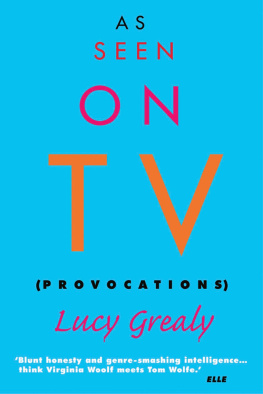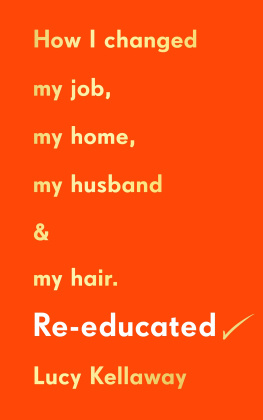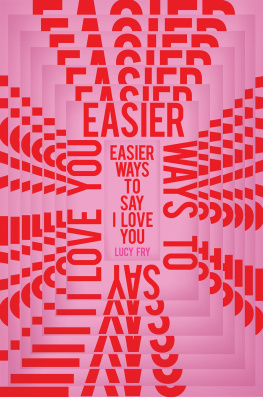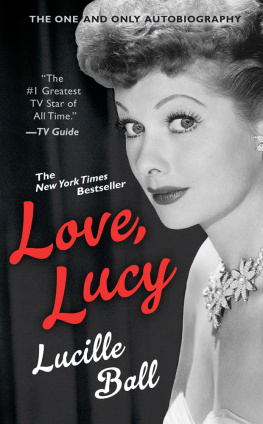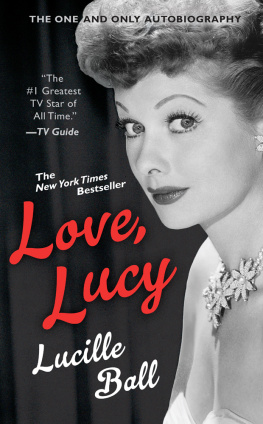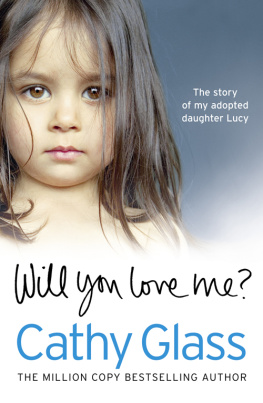Copyright 1994 by Lucy Grealy
All rights reserved
For information about permission to reproduce selections from this book, write to Permissions, Houghton Mifflin Company, 215 Park Avenue South, New York, New York 10003.
Library of Congress Cataloging-in-Publication Data
Grealy, Lucy.
Autobiography of a face / Lucy Grealy.
p. cm.
ISBN 0-395-65780-6
1. Grealy, Lucy. 2. Ewing's sarcomaPatientsUnited StatesBiography. 3. Disfigured personsUnited StatesBiography. I. Title
RD 661. G 74 A 3 1994
362.1'96994716'0092dc20 94-15222
[ B ] CIP
Printed in the United States of America
BP 10 9 8 7 6 5 4 3
Printed on recycled paper
Book design by Melodie Wertelet
For my friends,
whom I love
Prologue
Pony Party
MY FRIEND STEPHEN AND I USED TO DO PONY parties together. The festivities took place on the well-tended lawns of the vast suburban communities that had sprung up around Diamond D Stables in the rural acres of Rockland County. Mrs. Daniels, the owner of Diamond D, took advantage of the opportunity and readily dispatched a couple of ponies for birthday parties. In the early years Mrs. Daniels used to attend the parties with us, something Stephen and I dreaded. She fancied herself a sort of Mrs. Roy Rogers and dressed in embarrassing accordance: fringed shirts, oversized belt buckles, ramshackle hats. I'd stand there holding a pony, cringing inwardly with mortification as if she were my own mother. But as we got older and Stephen got his driver's license, and as Diamond D itself slowly sank into a somewhat surreal, muddy, and orphaned state of anarchy, we worked the parties by ourselves, which I relished.
We were invariably late for the birthday party, a result of loading the ponies at the last minute, combined with out truly remarkable propensity for getting lost. I never really minded, though. I enjoyed the drive through those precisely planned streets as the summer air swirled through the cab of the pickup, rustling the crepe-paper ribbons temporarily draped over the rear-view mirror. When we finally found our destination, we'd clip the ribbons into the ponies' manes and tails in a rather sad attempt to imbue a festive air. The neighborhoods were varied, from close, tree-laden streets crammed with ranch-style houses to more spacious boulevards dotted with outsized Tudors. Still, all the communities seemed to share a certain carbon-copy quality: house after house looked exactly like the one next to it, save for the occasional cement deer or sculpted shrub. A dog would always appear and chase the trailer for a set number of lawnssome mysterious canine demarcation of territorybefore suddenly dropping away, to be replaced by another dog running and barking behind us a few lawns later.
I liked those dogs, liked their sense of purpose and enjoyment and responsibility. I especially liked being lost, tooling through strange neighborhoods with Stephen. As we drove by the houses, I gazed into the windows, imagining what the families inside were like. My ideas were loosely based on what I had learned from TV and films. I pictured a father in a reclining chair next to a lamp, its shade trimmed with small white tassels. Somewhere nearby a wife in a coordinated outfit chatted on the phone with friends while their children set the dinner table. As they ate their home-cooked food, passing assorted white serving dishes, they'd casually ask each other about the day. Perhaps someone would mention the unusual sight of a horse trailer going past the house that day. Certain that these families were nothing like my own, a certainty wrought with a sense of vague superiority and even vaguer longing, I took pride and pleasure in knowing that I was the person in that strangely surreal trailer with the kicking ponies and angry muffler, that I had driven by their house that day, that I had brushed against their lives, and past them, like that.
Once we reached the party, there was a great rush of excitement. The children, realizing that the ponies had arrived, would come running from the back yard in their silly hats; their now forgotten balloons, bobbing colorfully behind them, would fly off in search of some tree or telephone wire. The ponies, reacting to the excitement of new sounds and smells, would promptly take a crap in the driveway, to a chorus of disgusted groans.
My pleasure at the sight of the children didn't last long, however. I knew what was coming. As soon as they got over the thrill of being near the ponies, they'd notice me. Half my jaw was missing, which gave my face a strange triangular shape, accentuated by the fact that I was unable to keep my mouth completely closed. When I first started doing pony parties, my hair was still short and wispy, still growing in from the chemo. But as it grew I made things worse by continuously bowing my head and hiding behind the curtain of hair, furtively peering out at the world like some nervous actor. Unlike the actor, though, I didn't secretly relish my audience, and if it were possible I would have stood behind that curtain forever, my head bent in an eternal act of deference. I was, however, dependent upon my audience. Their approval or disapproval defined everything for me, and I believed with every cell in my body that approval wasn't written into my particular script. I was fourteen years old.
"I hate this, why am I doing this?" I'd ask myself each time, but I had no choice if I wanted to keep my job at the stable. Everyone who worked at Diamond D had to do pony partiesno exceptions. Years later a friend remarked how odd it was that an adult would even think to send a disfigured child to work at a kid's party, but at the time it was never an issue. If my presence in these back yards was something of an anomaly, it wasn't just because of my face. In fact, my physical oddness seemed somehow to fit in with the general oddness and failings of Diamond D.
The stable was a small place near the bottom of a gently sloping hill. Each spring the melting snow left behind ankle-deep mud that wouldn't dry up completely until midsummer. Mrs. Daniels possessed a number of peculiar traits that made life at Diamond D unpredictable. When she wasn't trying to save our souls, or treating Stephen's rumored homosexuality by unexpectedly exposing her breasts to him, she was taking us on shoplifting sprees, dropping criminal hints like some Artful Dodger.
No one at Diamond D knew how to properly care for horses. Most of the animals were kept outside in three small, grassless corrals. The barn was on the verge of collapse; our every entry was accompanied by the fluttering sounds of startled tats. The "staff" consisted of a bunch of junior high and high school kids willing to work in exchange for riding privileges. And the main source of income, apart from pony parties, was hackingrenting out the horses for ten dollars an hour to anyone willing to pay. Mrs. Daniels bought the horses at an auction whose main customer was the meat dealer for a dog-food company; Diamond D, more often than not, was merely a way station. The general air of neglect surrounding the stable was the result more of ignorance than of apathy. It's not as if we didn't care about the horseswe simply didn't know any better. And for most of us, especially me, Diamond D was a haven. Though I had to suffer through the pony parties, I was more willing to do so to spend time alone with the horses. I considered animals bearers of higher truth, and I wanted to align myself with their knowledge. I thought animals were the only beings capable of understanding me.
I had finished chemotherapy only a few months before I started looking in the Yellow Pages for stables where I might work. Just fourteen and still unclear about the exact details of my surgery, I made my way down the listings. It was the July Fourth weekend, and Mrs. Daniels, typically overbooked, said I had called at exactly the right moment. Overjoyed, I went into the kitchen to tell my mother I had a job at a stable. She looked at me dubiously.
Next page
